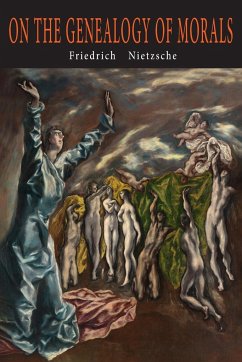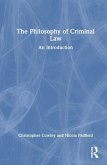This essay analyzes the concept of genealogy of punishment that Friedrich Nietzsche elaborates in Genealogy of Morals, aiming to show that there are reflections of legal interest in Nietzsche's philosophy that may have a relevant role in the contemporary discussion about criminal law. The exposition unfolds in two chapters that deal respectively with: The concept of genealogy and The genealogy of punishment. The long history of punishment shows the radical fluidity of its meaning, which makes the elaboration of any definitive concept impossible. However, the genealogy is able to recover an obscured sense of punishment: it is an active affection, a pleasure, a jouissance, a feast. In general, Nietzsche interprets the process of humanization of punishment as a refinement of cruelty, in which the cruel aspect of punishment is not gradually abolished, but potentiated, being found today, in a latent way, even in the most civilized of the punishments.
Hinweis: Dieser Artikel kann nur an eine deutsche Lieferadresse ausgeliefert werden.
Hinweis: Dieser Artikel kann nur an eine deutsche Lieferadresse ausgeliefert werden.








